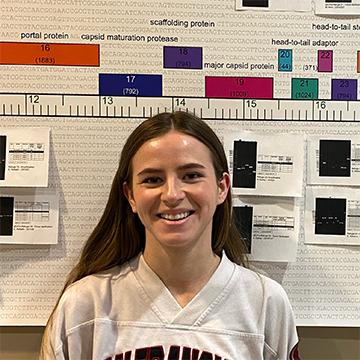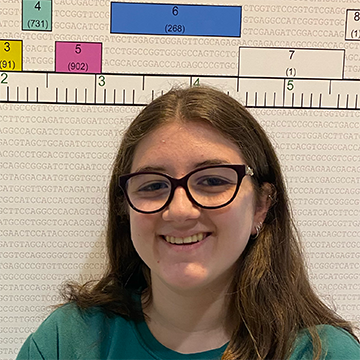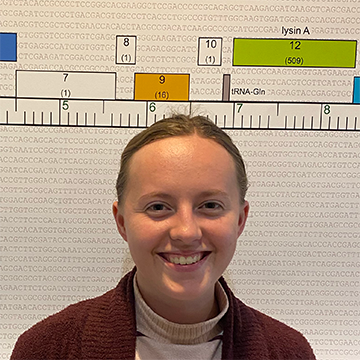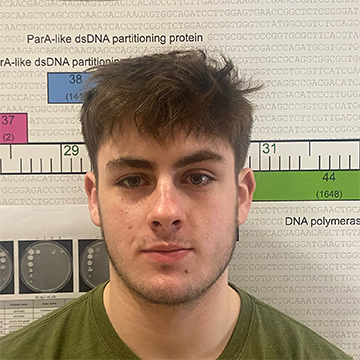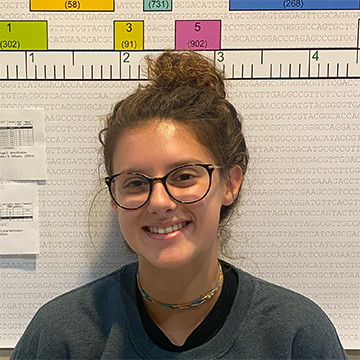Below is a summary of the abstract you submitted. Presenting author(s) is shown in bold.
If any changes need to be made, you can modify the abstract or change the authors.
You can also download a .docx version of this abstract.
If there are any problems, please email Dan at dar78@pitt.edu and he'll take care of them!
This abstract was last modified on March 15, 2024 at 1:42 p.m..
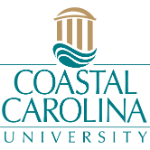
As part of SEA-GENEs, our lab has taken a systematic approach to examine the functional significance of individual phage gene products in vivo. Refuge is an A9 subcluster temperate bacteriophage. The genome of Refuge contains 92 predicted protein encoding genes, and like most phages, most of them lack functional assignment based on bioinformatic analysis. We are in the process of generating an expression plasmid library that consists of all Refuge genes. Individual genes were initially amplified using gene-specific forward and reverse primers. Amplified products were purified and inserted into the pExTra plasmid via isothermal assembly. The Refuge library is still a work in progress, but most of the genes have been cloned and verified. After purification, individual plasmids are transformed into M. smegmatis and the effect of phage gene expression on growth of host cells is analyzed to determine if individual genes are cytotoxic to host cells. Expression of Refuge gene product 38, which encodes a ParA-like DNA partitioning domain protein, strongly inhibited cell growth, indicating this gene product is very cytotoxic. In other phage genomes ParA-like DNA partitioning proteins are involved in maintenance of lysogeny. We are currently working towards the generation of a complete gene library and performing cytotoxic assays to further elucidate gene function.

